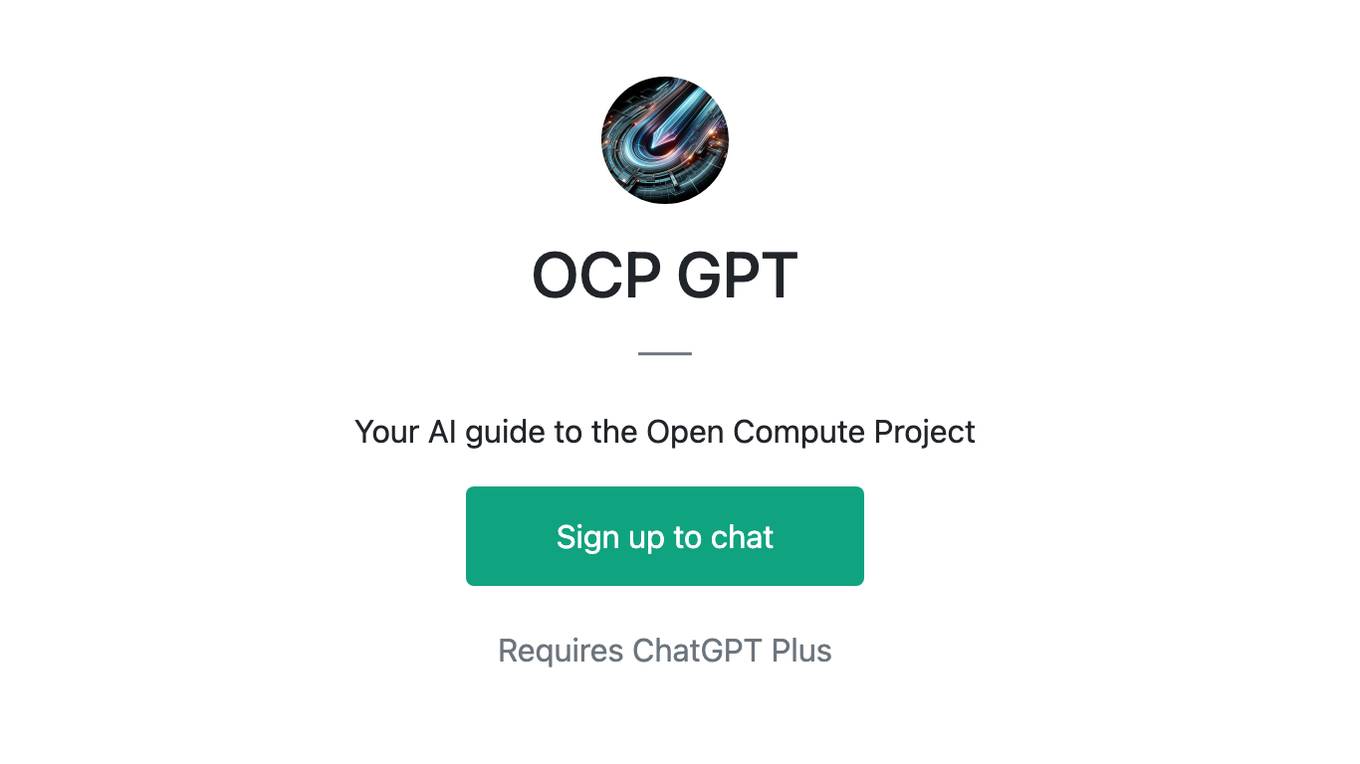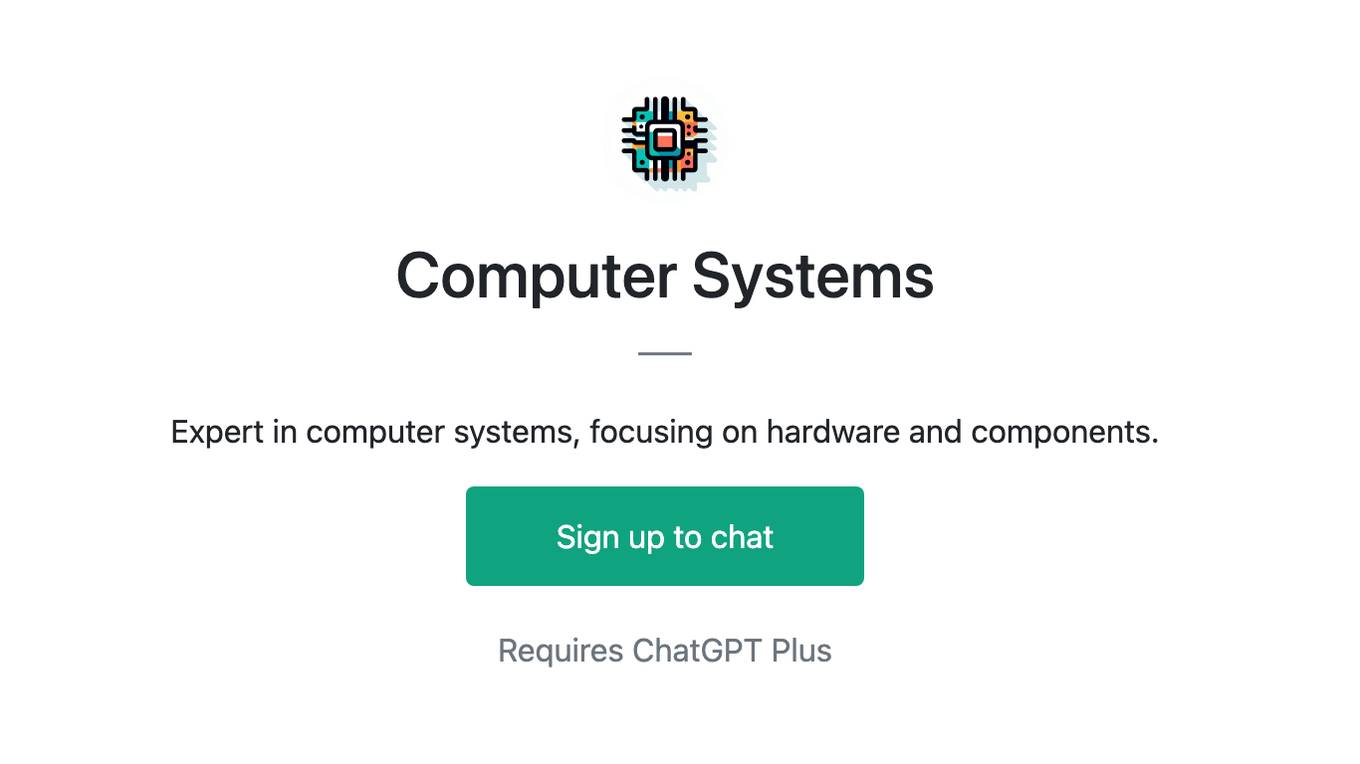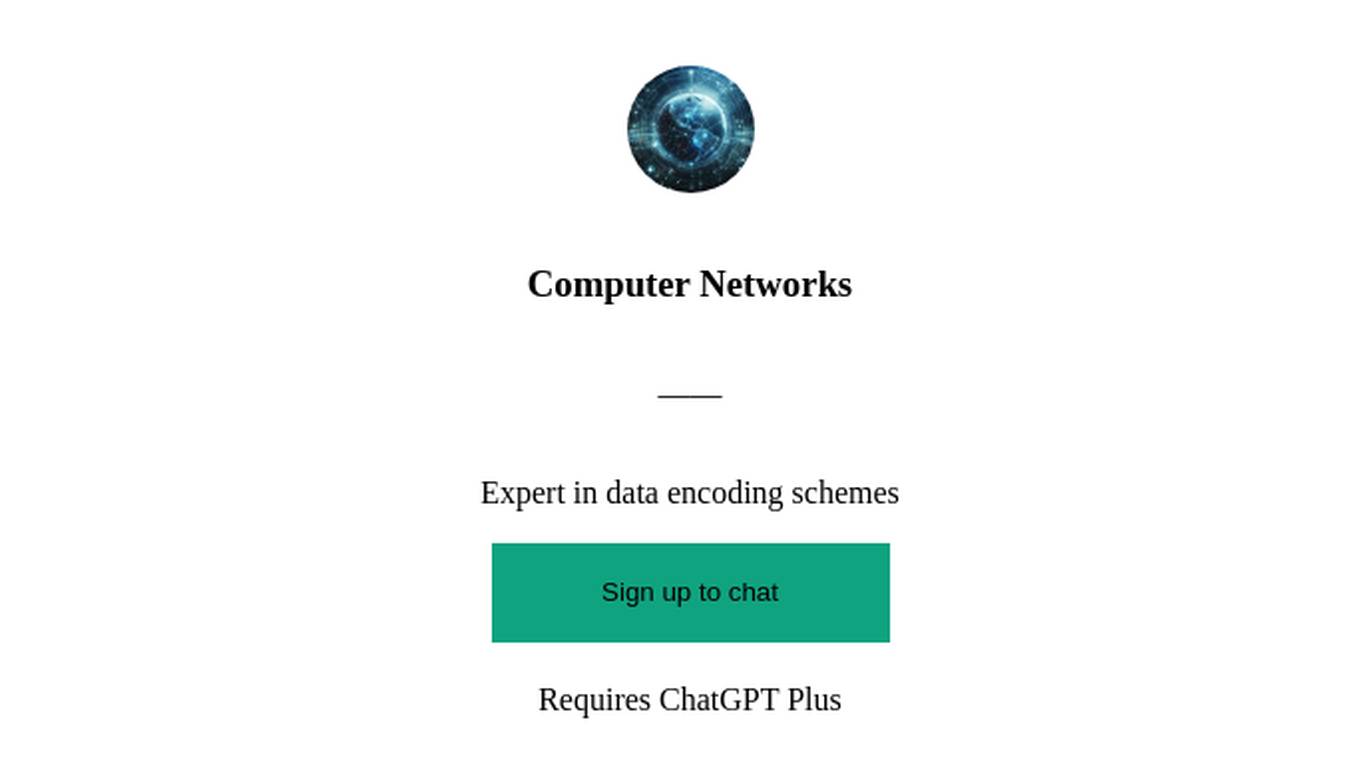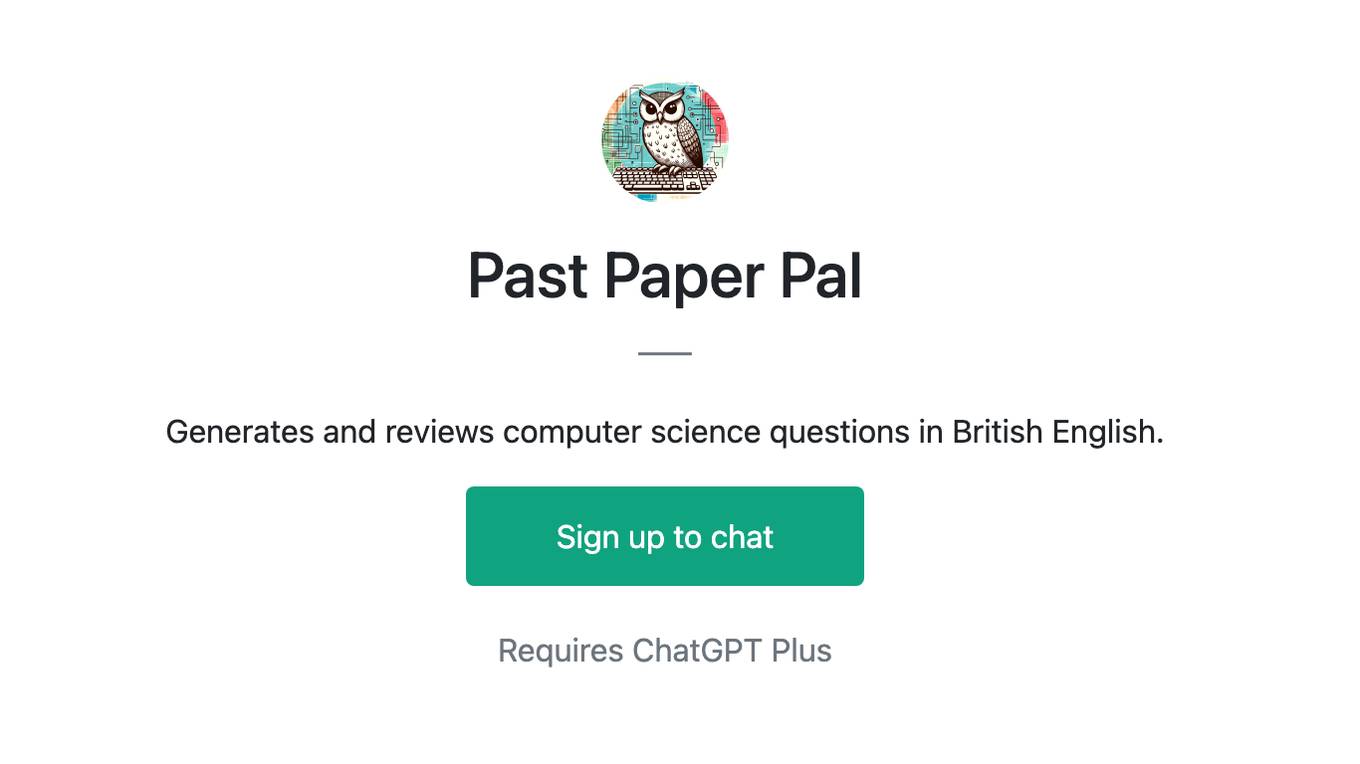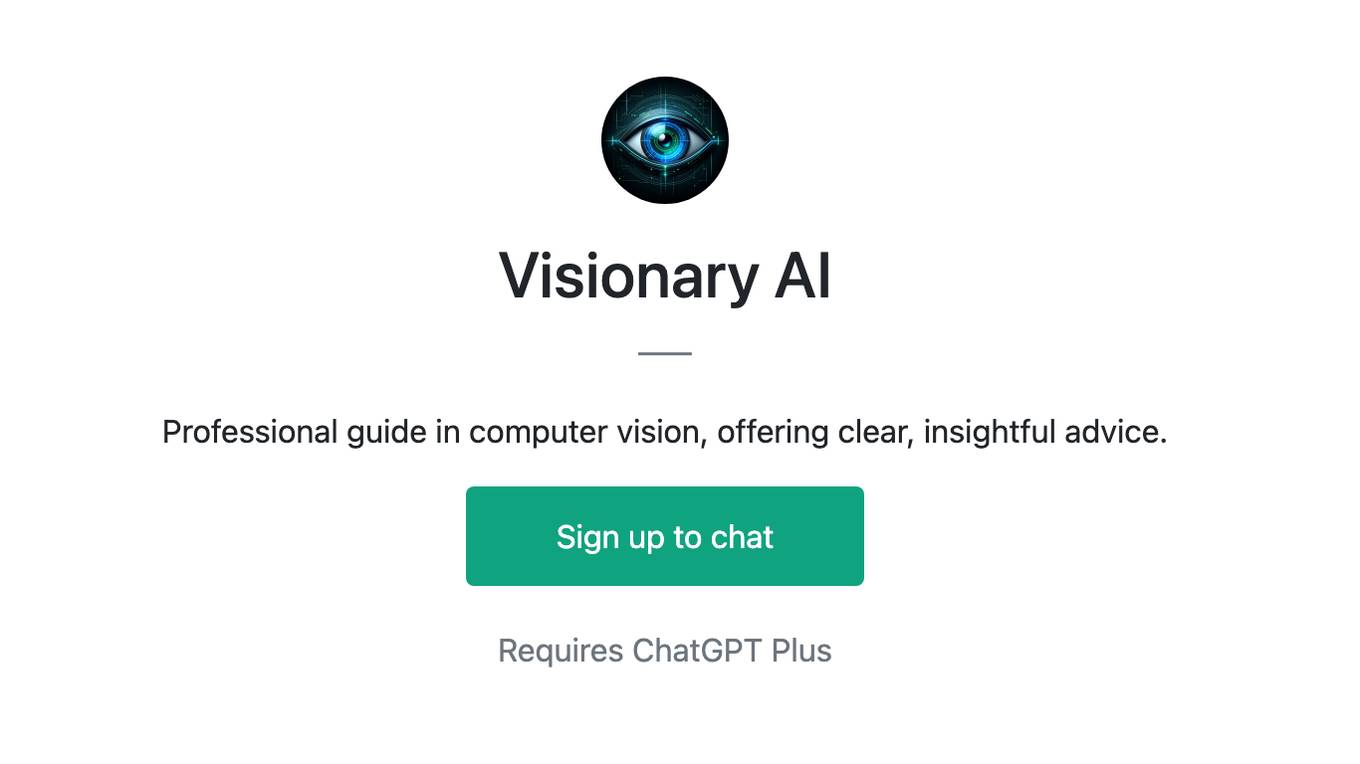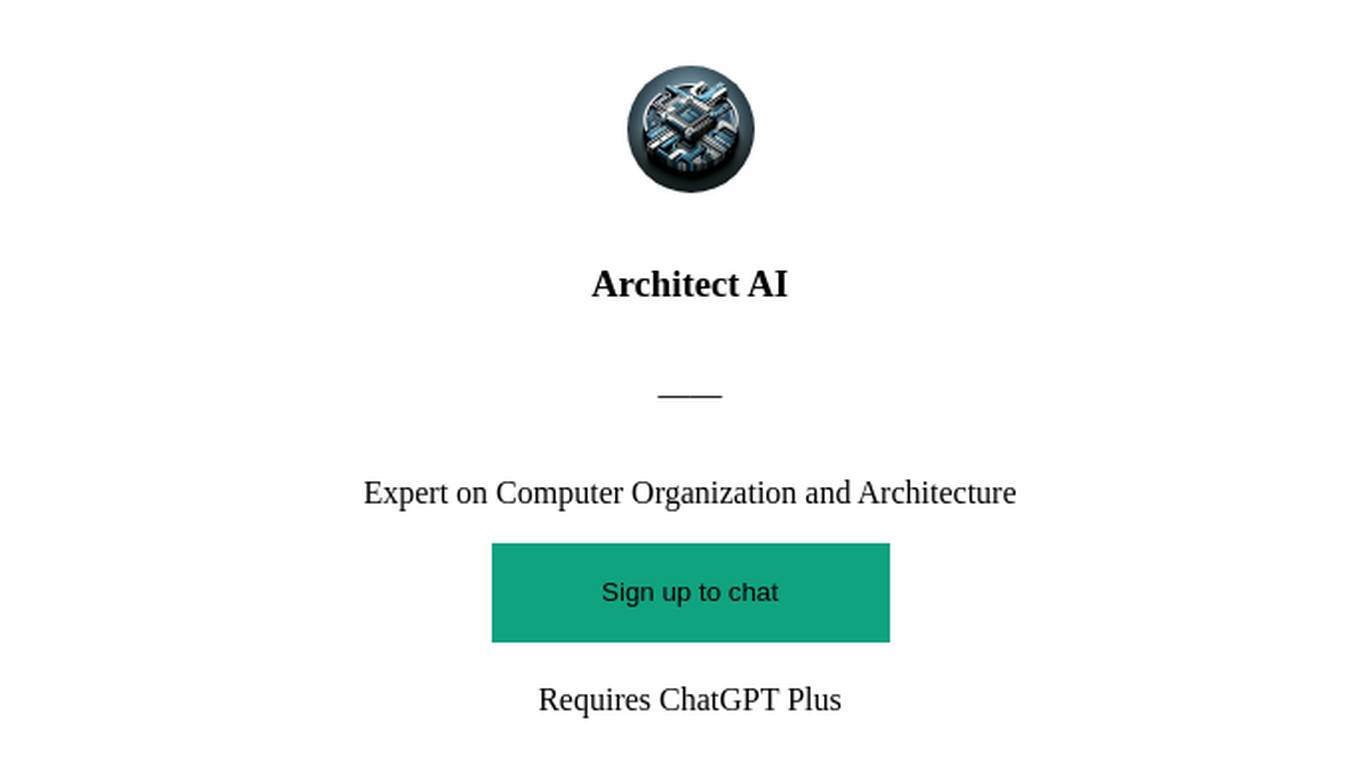Best AI tools for< Compute Loss >
20 - AI tool Sites

Logistify AI
Logistify AI is an automated inventory verification tool designed for warehouses and factories. It utilizes Generative AI technology to reduce inventory losses caused by human errors in manual counting and to lower labor costs. The tool employs automated CCTV computer vision for accurate inventory identification, counting, and plate number recognition. Trusted by over 50 inventory managers, Logistify AI helps companies streamline their inventory management processes and improve overall efficiency.
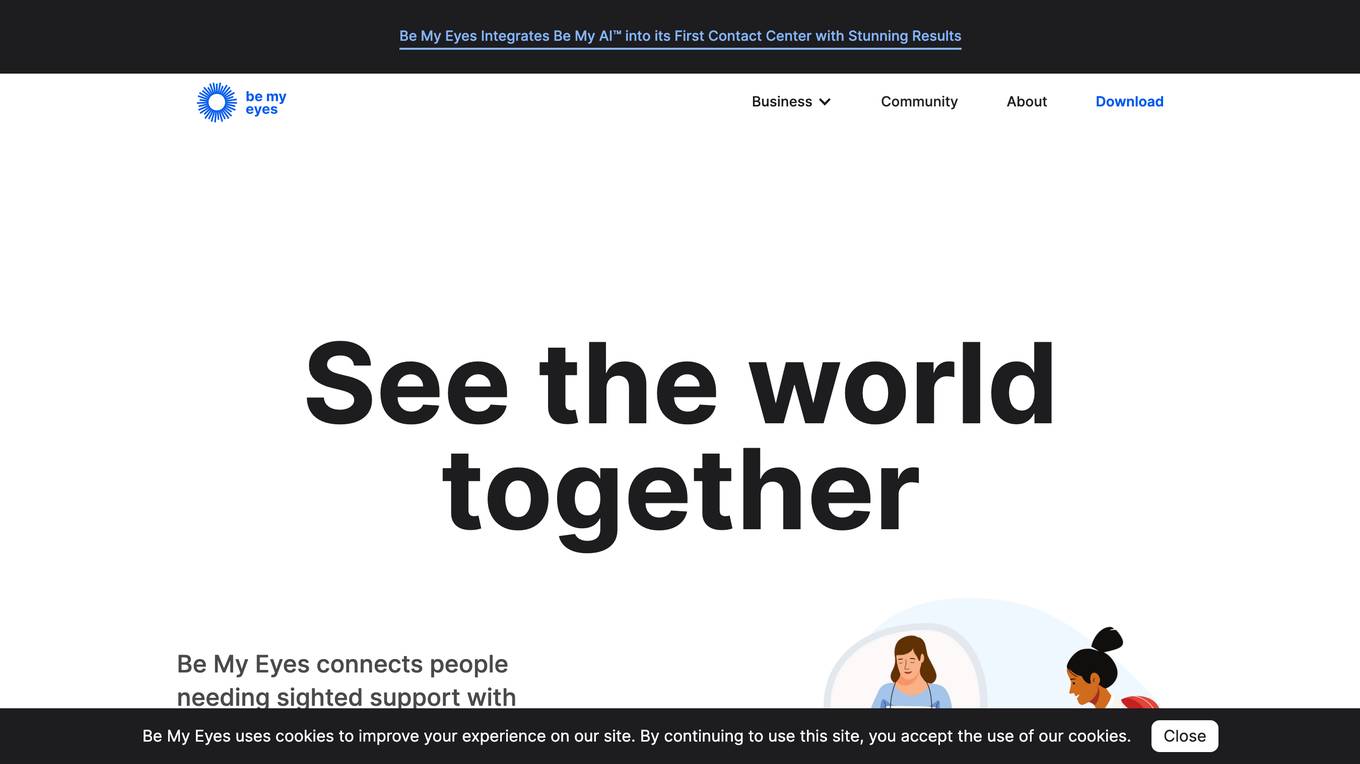
Be My Eyes
Be My Eyes is a free mobile app that connects blind and low-vision people with sighted volunteers and AI-powered assistance. With Be My Eyes, blind and low-vision people can access visual information, get help with everyday tasks, and connect with others in the community. Be My Eyes is available in over 180 languages and has over 6 million volunteers worldwide.

ONERECOVERY
ONERECOVERY is a professional data recovery solution for Windows that offers comprehensive and expert solutions to recover lost data from various storage devices. The software is designed to handle data loss for over 1,000 scenarios, including accidental deletion, formatting errors, virus attacks, and more. ONERECOVERY provides features such as file recovery for Windows and Mac, file duplicate finder, photo and video recovery, hard drive recovery, SD card data recovery, and more. With a user-friendly interface, quick and efficient scanning, and compatibility with diverse operating systems and storage devices, ONERECOVERY is a reliable and secure data recovery tool trusted by millions of users worldwide.

Smart Media Cutter
Smart Media Cutter is an AI-powered tool designed for video and podcast creators to streamline the editing process. It offers fast and accurate lossless cutting of video and audio, transcription-aided editing, multi-track transcriptions, advanced speech denoiser, and wide support for common media formats. The tool runs on desktop platforms like Windows and macOS, with plans tailored for individual creators, small production companies, and enterprise clients. Smart Media Cutter ensures privacy by keeping all AI features offline on the user's computer.

Massed Compute
Massed Compute is an AI tool that provides cloud GPU services for VFX rendering, machine learning, high-performance computing, scientific simulations, and data analytics & visualization. The platform offers flexible and affordable plans, cutting-edge technology infrastructure, and timely creative problem-solving. As an NVIDIA Preferred Partner, Massed Compute ensures reliable and future-proof Tier III Data Center servers for various computing needs. Users can launch AI instances, scale machine learning projects, and access high-performance GPUs on-demand.

Universal Basic Compute
Universal Basic Compute (UBC) is an AI application that serves as the backbone of a new digital economy by enabling over a billion autonomous AI agents to trade resources, services, and capabilities autonomously through the $COMPUTE system. UBC facilitates the seamless exchange of resources among AI agents, establishing a foundation for a futuristic marketplace driven by artificial intelligence.

Wolfram|Alpha
Wolfram|Alpha is a computational knowledge engine that answers questions using data, algorithms, and artificial intelligence. It can perform calculations, generate graphs, and provide information on a wide range of topics, including mathematics, science, history, and culture. Wolfram|Alpha is used by students, researchers, and professionals around the world to solve problems, learn new things, and make informed decisions.
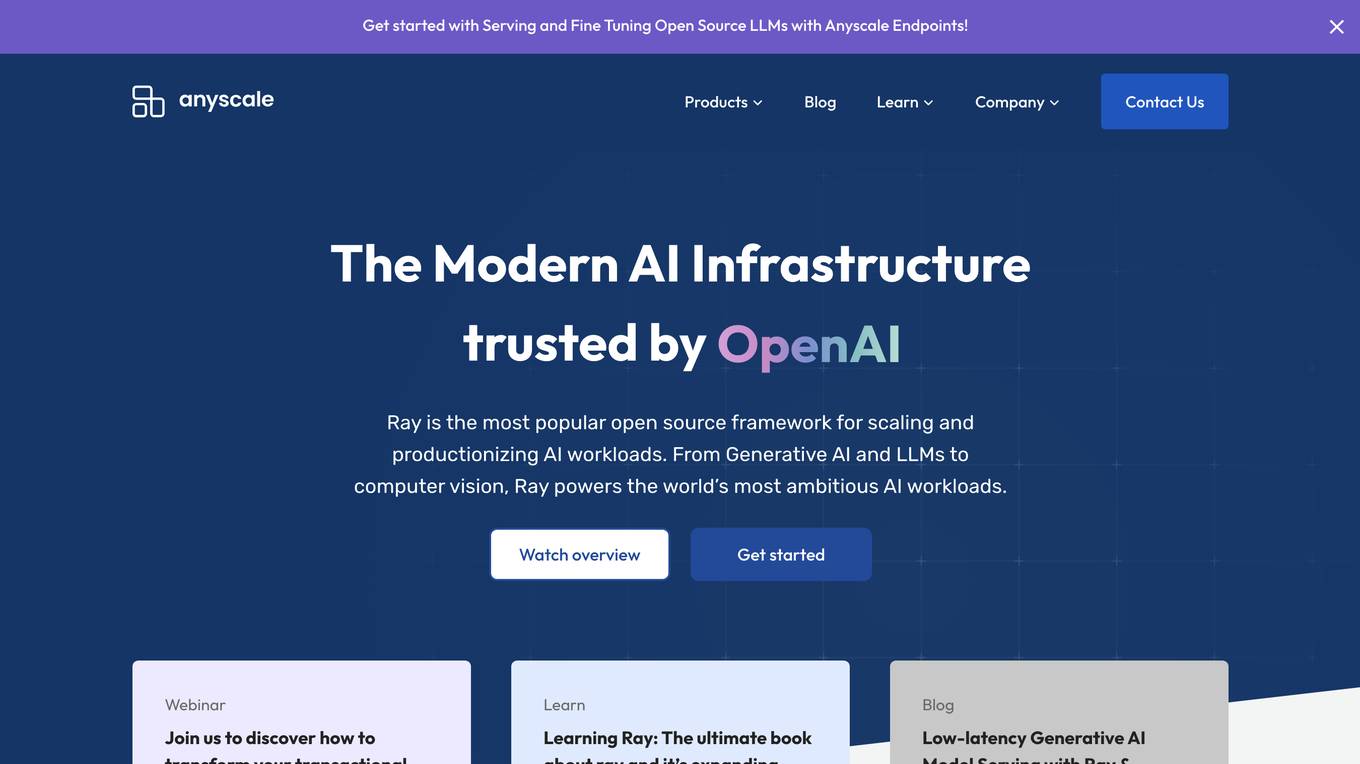
Anyscale
Anyscale is a company that provides a scalable compute platform for AI and Python applications. Their platform includes a serverless API for serving and fine-tuning open LLMs, a private cloud solution for data privacy and governance, and an open source framework for training, batch, and real-time workloads. Anyscale's platform is used by companies such as OpenAI, Uber, and Spotify to power their AI workloads.
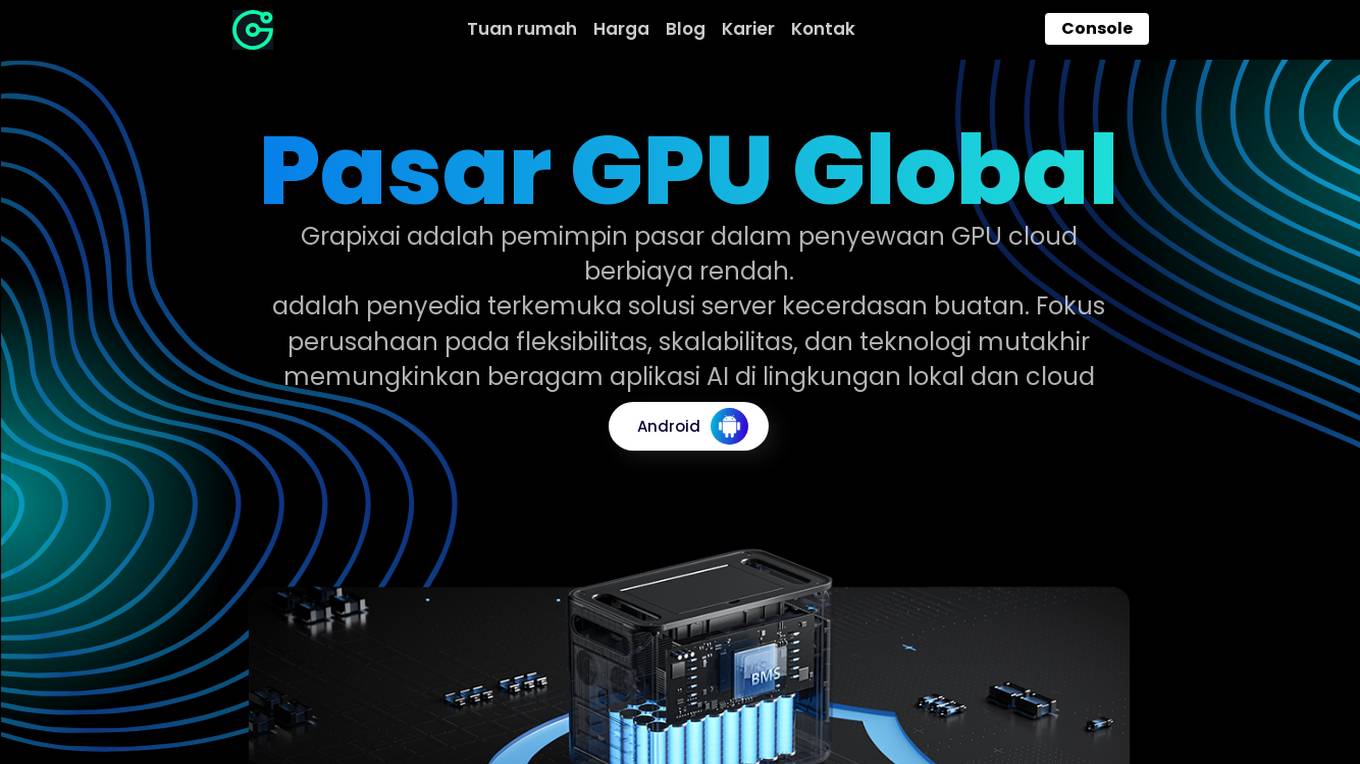
GrapixAI
GrapixAI is a leading provider of low-cost cloud GPU rental services and AI server solutions. The company's focus on flexibility, scalability, and cutting-edge technology enables a variety of AI applications in both local and cloud environments. GrapixAI offers the lowest prices for on-demand GPUs such as RTX4090, RTX 3090, RTX A6000, RTX A5000, and A40. The platform provides Docker-based container ecosystem for quick software setup, powerful GPU search console, customizable pricing options, various security levels, GUI and CLI interfaces, real-time bidding system, and personalized customer support.
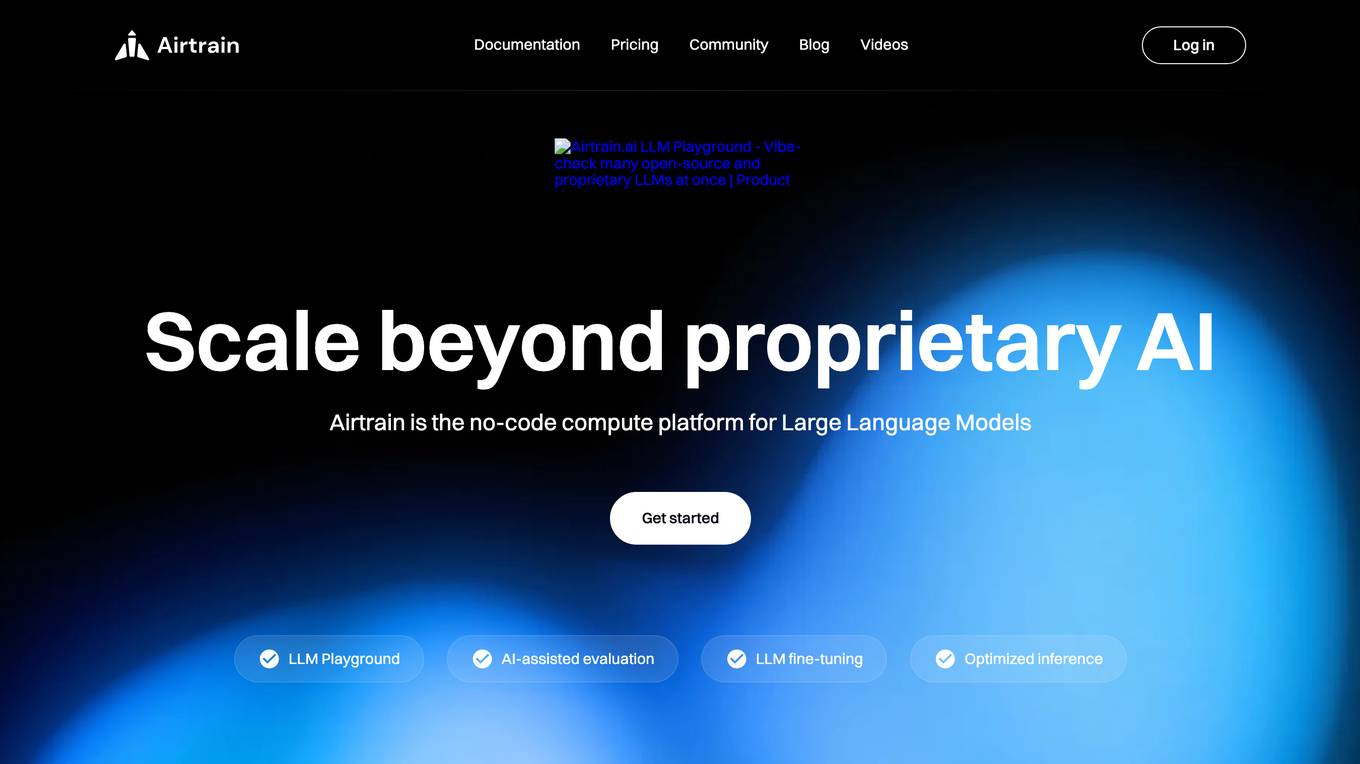
Airtrain
Airtrain is a no-code compute platform for Large Language Models (LLMs). It provides a user-friendly interface for fine-tuning, evaluating, and deploying custom AI models. Airtrain also offers a marketplace of pre-trained models that can be used for a variety of tasks, such as text generation, translation, and question answering.

Groq
Groq is a fast AI inference tool that offers GroqCloud™ Platform and GroqRack™ Cluster for developers to build and deploy AI models with ultra-low-latency inference. It provides instant intelligence for openly-available models like Llama 3.1 and is known for its speed and compatibility with other AI providers. Groq powers leading openly-available AI models and has gained recognition in the AI chip industry. The tool has received significant funding and valuation, positioning itself as a strong challenger to established players like Nvidia.
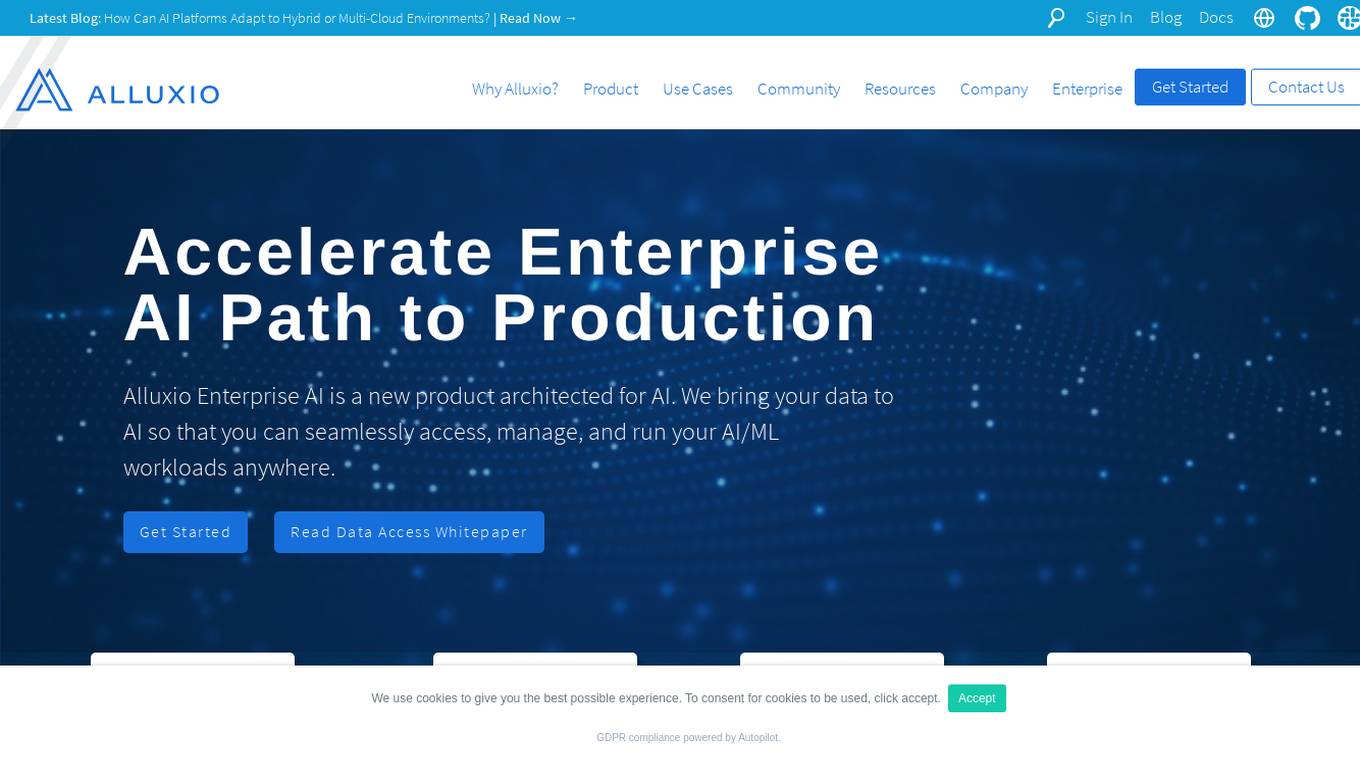
Alluxio
Alluxio is a data orchestration platform designed for the cloud, offering seamless access, management, and running of AI/ML workloads. Positioned between compute and storage, Alluxio provides a unified solution for enterprises to handle data and AI tasks across diverse infrastructure environments. The platform accelerates model training and serving, maximizes infrastructure ROI, and ensures seamless data access. Alluxio addresses challenges such as data silos, low performance, data engineering complexity, and high costs associated with managing different tech stacks and storage systems.
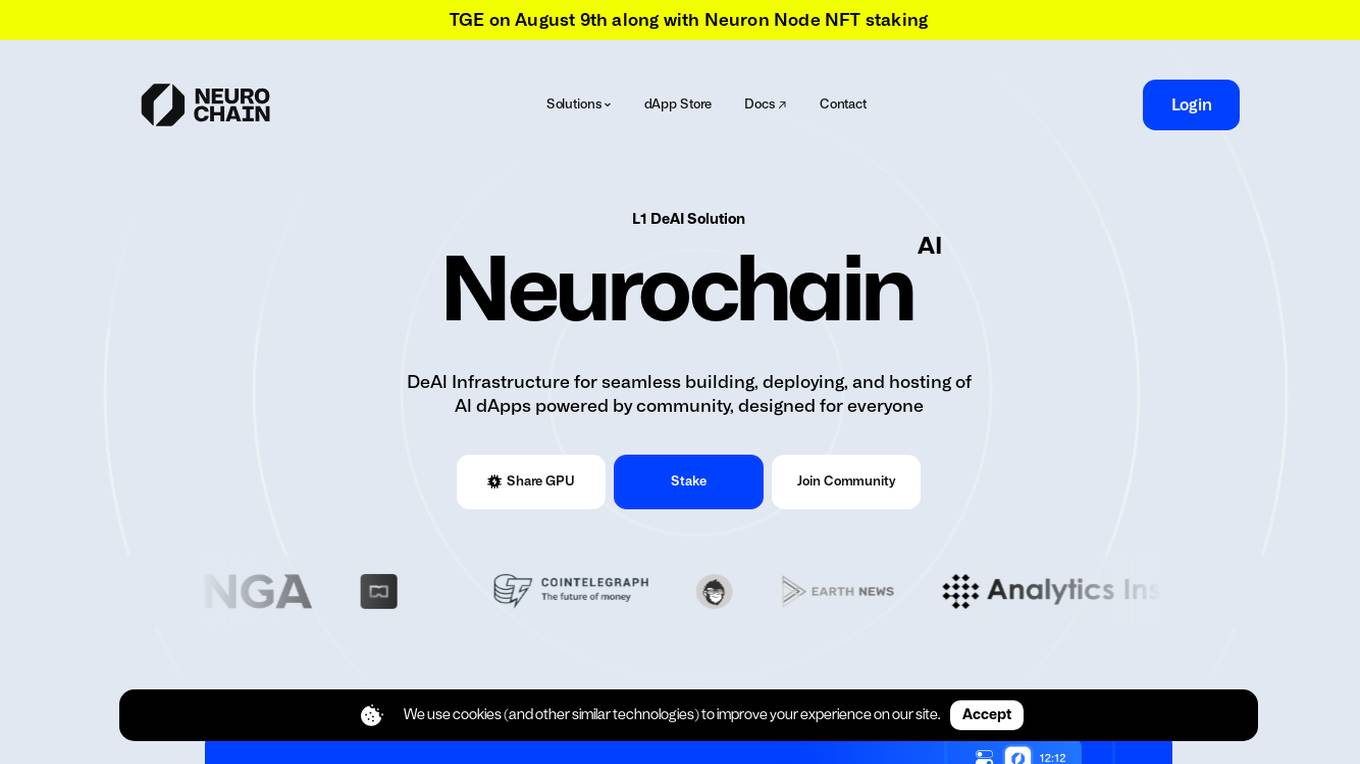
Neurochain AI
Neurochain AI is a decentralized AI-as-a-Service (DeAIAS) network that provides an innovative solution for building, launching, and using AI-powered decentralized applications (dApps). It offers a community-driven approach to AI development, incentivizing contributors with $NCN rewards. The platform aims to address challenges in the centralized AI landscape by democratizing AI development and leveraging global computing resources. Neurochain AI also features a community-powered content generation engine and is developing its own independent blockchain. The team behind Neurochain AI includes experienced professionals in infrastructure, cryptography, computer science, and AI research.
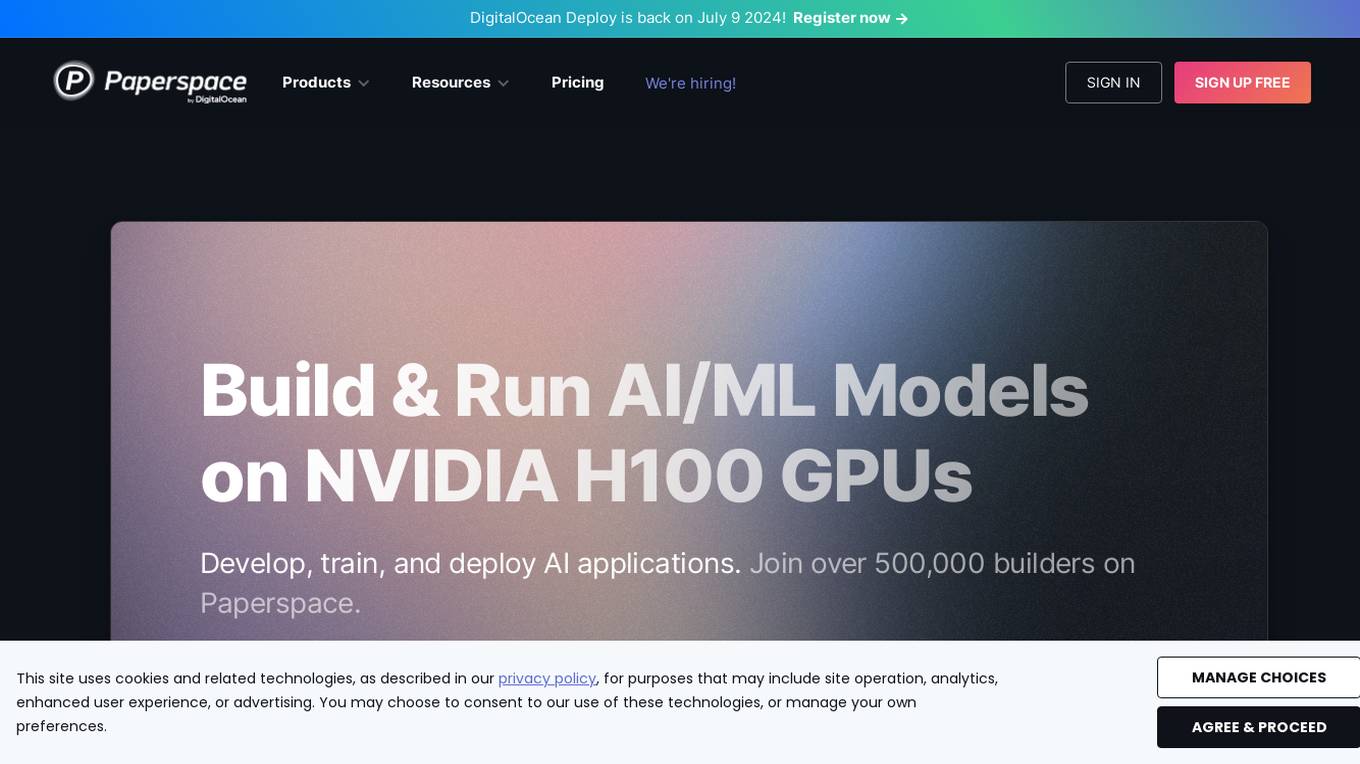
Paperspace
Paperspace is an AI tool designed to develop, train, and deploy AI models of any size and complexity. It offers a cloud GPU platform for accelerated computing, with features such as GPU cloud workflows, machine learning solutions, GPU infrastructure, virtual desktops, gaming, rendering, 3D graphics, and simulation. Paperspace provides a seamless abstraction layer for individuals and organizations to focus on building AI applications, offering low-cost GPUs with per-second billing, infrastructure abstraction, job scheduling, resource provisioning, and collaboration tools.

Modal
Modal is a high-performance cloud platform designed for developers, AI data, and ML teams. It offers a serverless environment for running generative AI models, large-scale batch jobs, job queues, and more. With Modal, users can bring their own code and leverage the platform's optimized container file system for fast cold boots and seamless autoscaling. The platform is engineered for large-scale workloads, allowing users to scale to hundreds of GPUs, pay only for what they use, and deploy functions to the cloud in seconds without the need for YAML or Dockerfiles. Modal also provides features for job scheduling, web endpoints, observability, and security compliance.
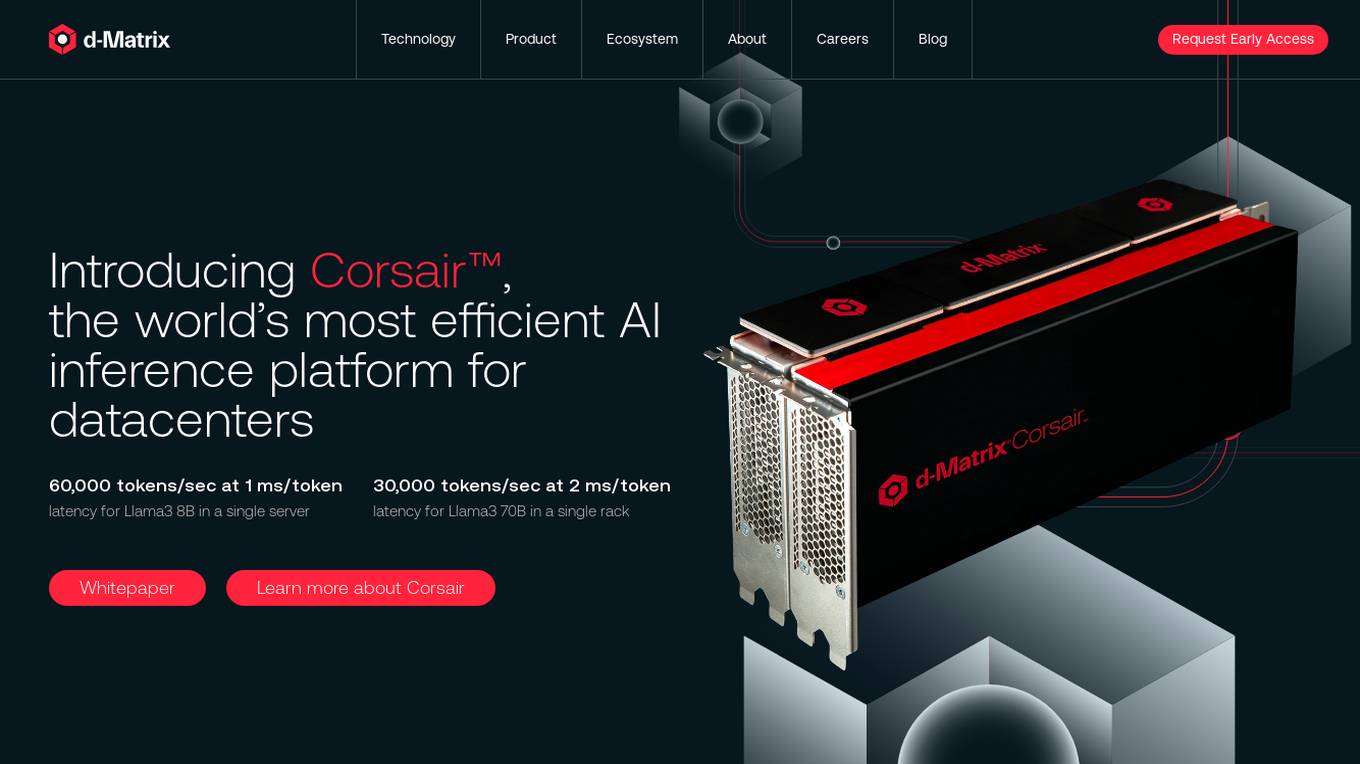
d-Matrix
d-Matrix is an AI tool that offers ultra-low latency batched inference for generative AI technology. It introduces Corsair™, the world's most efficient AI inference platform for datacenters, providing high performance, efficiency, and scalability for large-scale inference tasks. The tool aims to transform the economics of AI inference by delivering fast, sustainable, and scalable AI solutions without compromising on speed or usability.

Cerebium
Cerebium is a serverless AI infrastructure platform that allows teams to build, test, and deploy AI applications quickly and efficiently. With a focus on speed, performance, and cost optimization, Cerebium offers a range of features and tools to simplify the development and deployment of AI projects. The platform ensures high reliability, security, and compliance while providing real-time logging, cost tracking, and observability tools. Cerebium also offers GPU variety and effortless autoscaling to meet the diverse needs of developers and businesses.
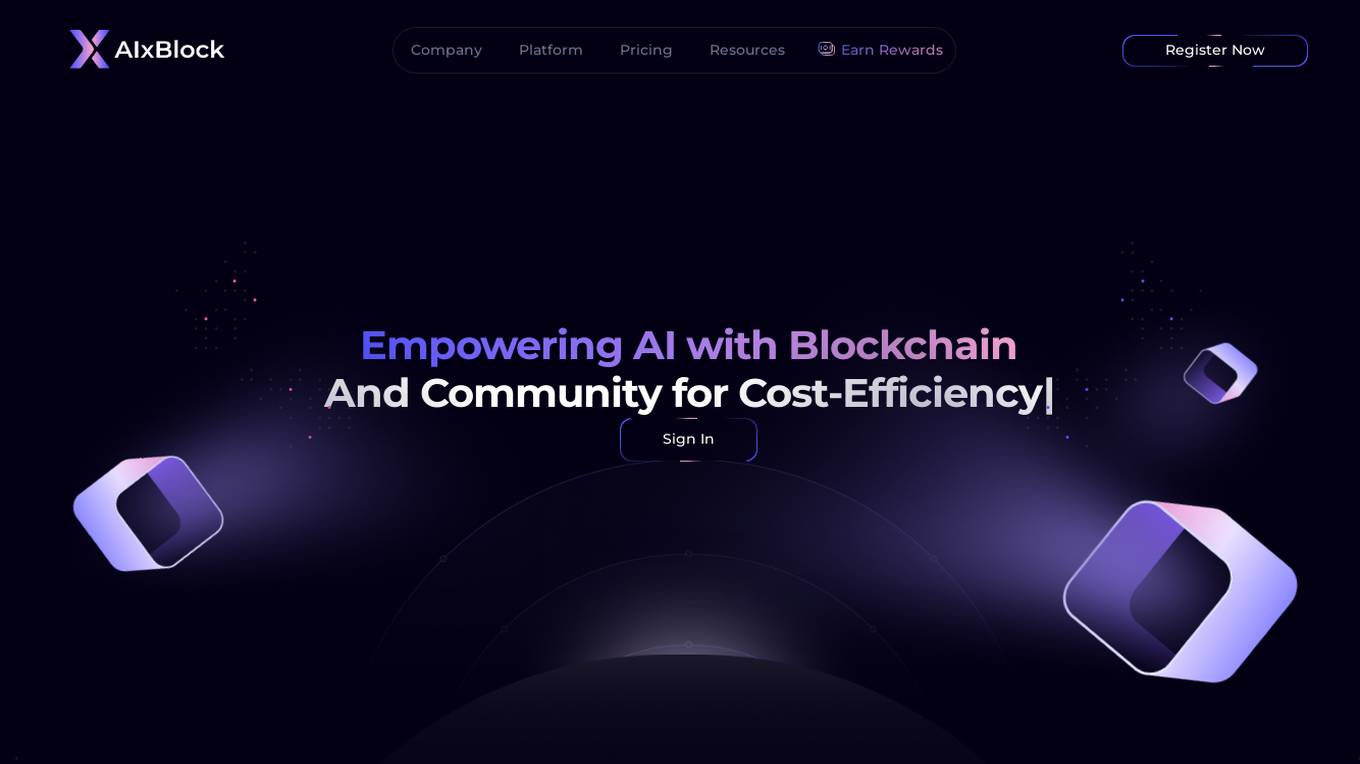
AIxBlock
AIxBlock is an AI tool that empowers users to unleash their AI initiatives on the Blockchain. The platform offers a comprehensive suite of features for building, deploying, and monitoring AI models, including AI data engine, multimodal-powered data crawler, auto annotation, consensus-driven labeling, MLOps platform, decentralized marketplaces, and more. By harnessing the power of blockchain technology, AIxBlock provides cost-efficient solutions for AI builders, compute suppliers, and freelancers to collaborate and benefit from decentralized supercomputing, P2P transactions, and consensus mechanisms.
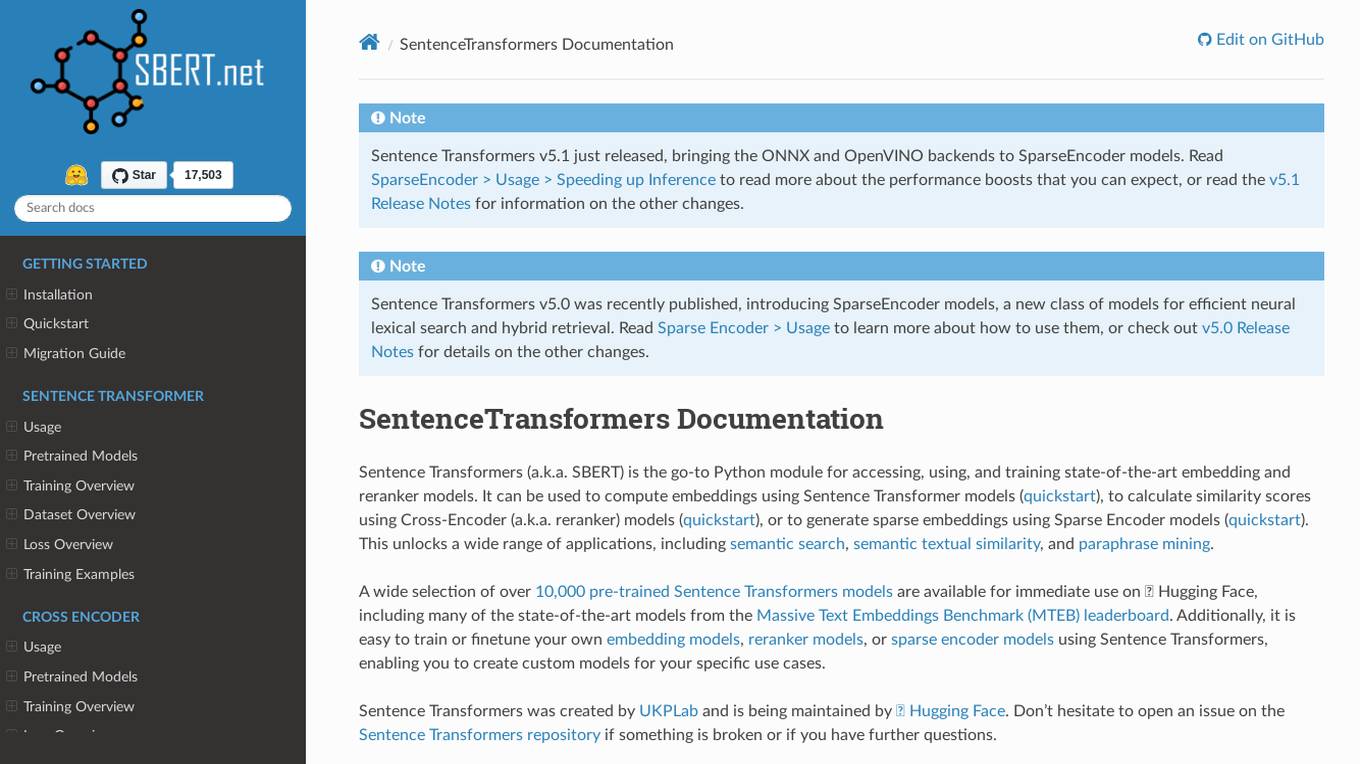
Sentence Transformers
Sentence Transformers is a Python module that provides access to state-of-the-art embedding and reranker models. It allows users to compute embeddings, calculate similarity scores, and generate sparse embeddings for various applications such as semantic search, semantic textual similarity, and paraphrase mining. The module offers a wide selection of pre-trained models and enables users to train or finetune their own models for specific use cases.
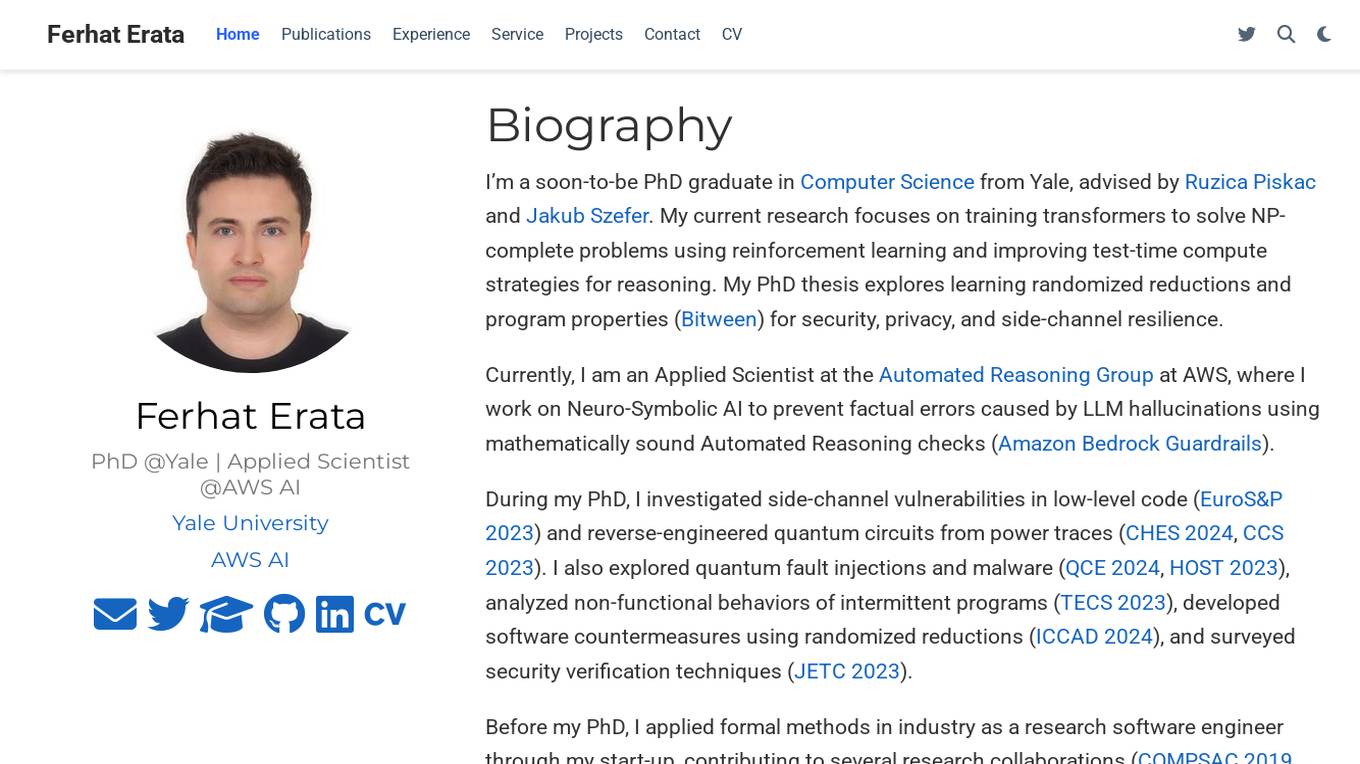
Ferhat Erata
Ferhat Erata is an AI application developed by a Computer Science PhD graduate from Yale University. The application focuses on training transformers to solve NP-complete problems using reinforcement learning and improving test-time compute strategies for reasoning. It also explores learning randomized reductions and program properties for security, privacy, and side-channel resilience. Ferhat Erata is currently an Applied Scientist at the Automated Reasoning Group at AWS, working on Neuro-Symbolic AI to prevent factual errors caused by LLM hallucinations using mathematically sound Automated Reasoning checks.
1 - Open Source AI Tools
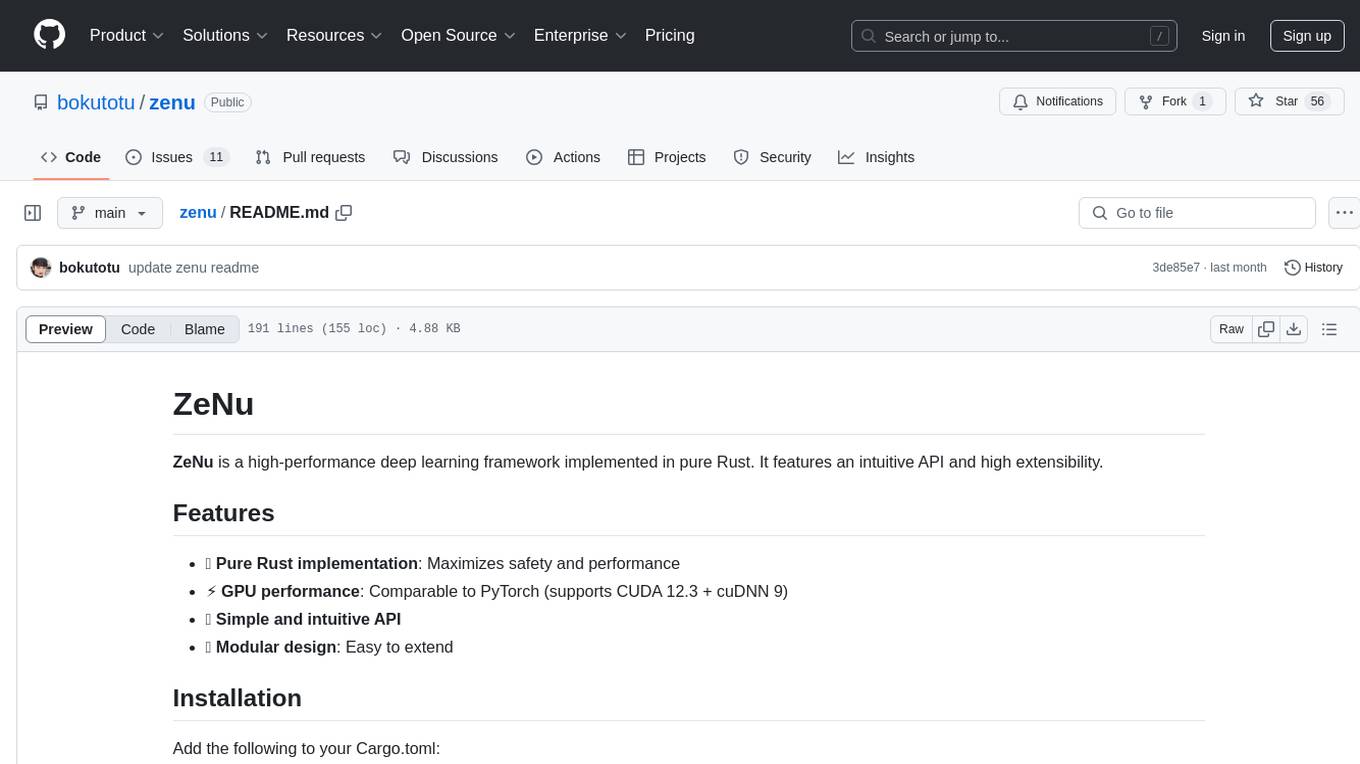
zenu
ZeNu is a high-performance deep learning framework implemented in pure Rust, featuring a pure Rust implementation for safety and performance, GPU performance comparable to PyTorch with CUDA support, a simple and intuitive API, and a modular design for easy extension. It supports various layers like Linear, Convolution 2D, LSTM, and optimizers such as SGD and Adam. ZeNu also provides device support for CPU and CUDA (NVIDIA GPU) with CUDA 12.3 and cuDNN 9. The project structure includes main library, automatic differentiation engine, neural network layers, matrix operations, optimization algorithms, CUDA implementation, and other support crates. Users can find detailed implementations like MNIST classification, CIFAR10 classification, and ResNet implementation in the examples directory. Contributions to ZeNu are welcome under the MIT License.
20 - OpenAI Gpts

The Greatest Computer Science Tutor
Get help with handpicked college textbooks. Ask for commands. Learn theory + code simultaneously.
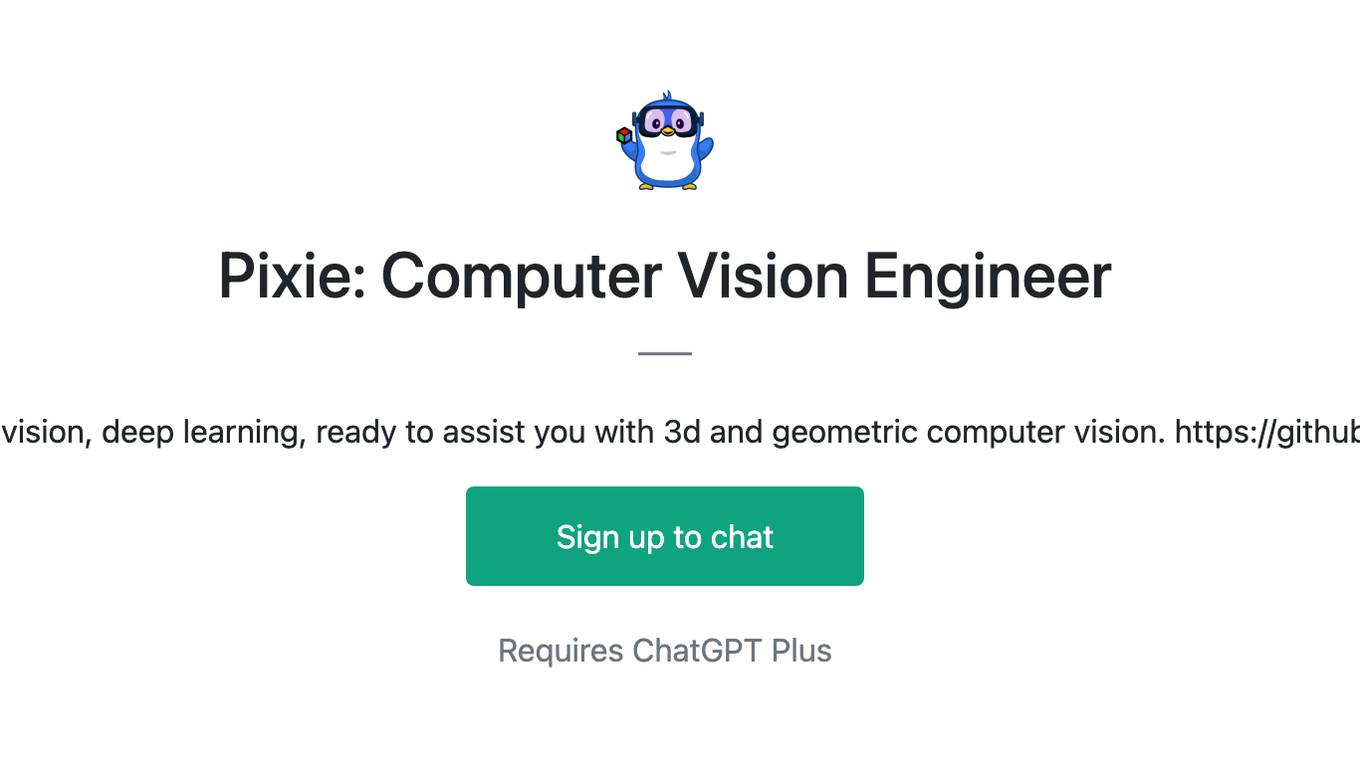
Pixie: Computer Vision Engineer
Expert in computer vision, deep learning, ready to assist you with 3d and geometric computer vision. https://github.com/kornia/pixie

How To Make Your Computer Faster: Speed Up Your PC
A Guide To Speed Up Your Computer from Geeks On Command Computer Repair Company

HackMeIfYouCan
Hack Me if you can - I can only talk to you about computer security, software security and LLM security @JacquesGariepy

Desktop Value
Valuating custom computer hardware. Copyright (C) 2023, Sourceduty - All Rights Reserved.
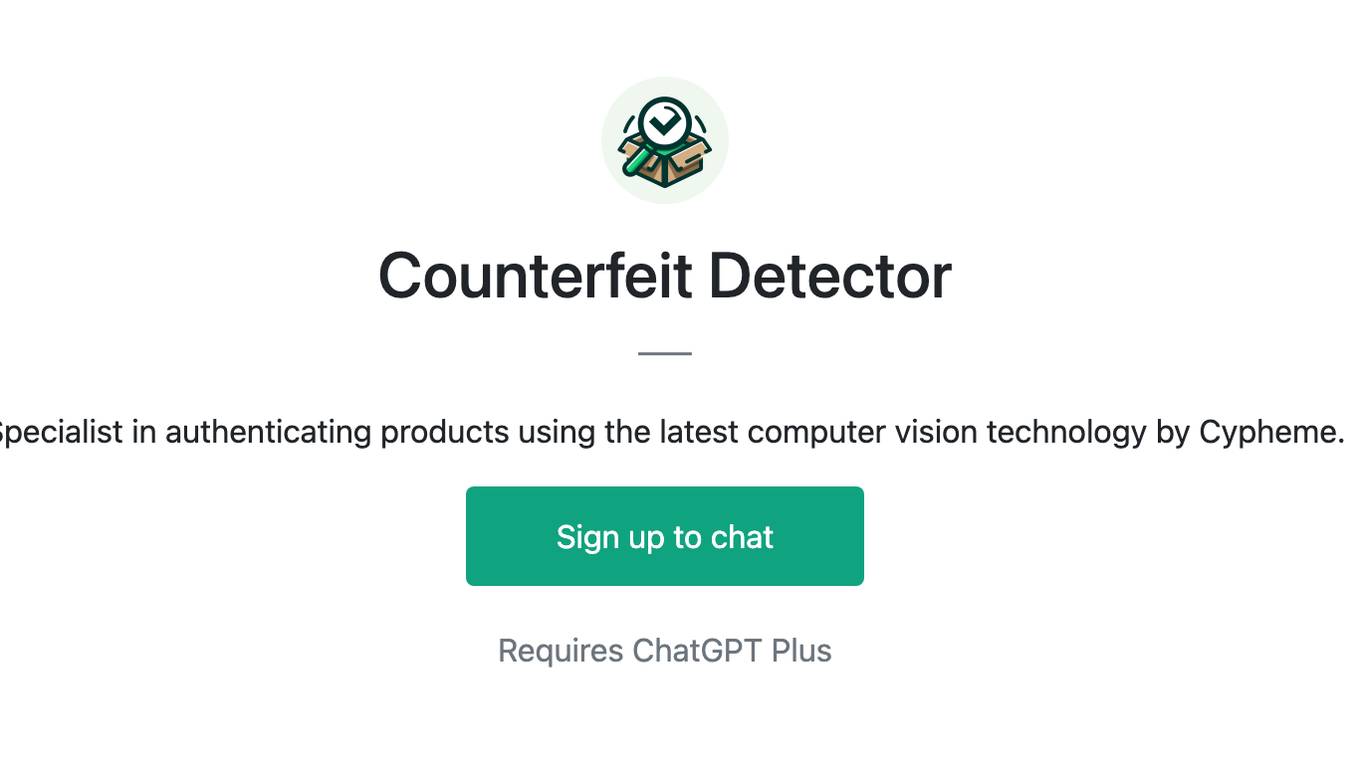
Counterfeit Detector
Specialist in authenticating products using the latest computer vision technology by Cypheme.
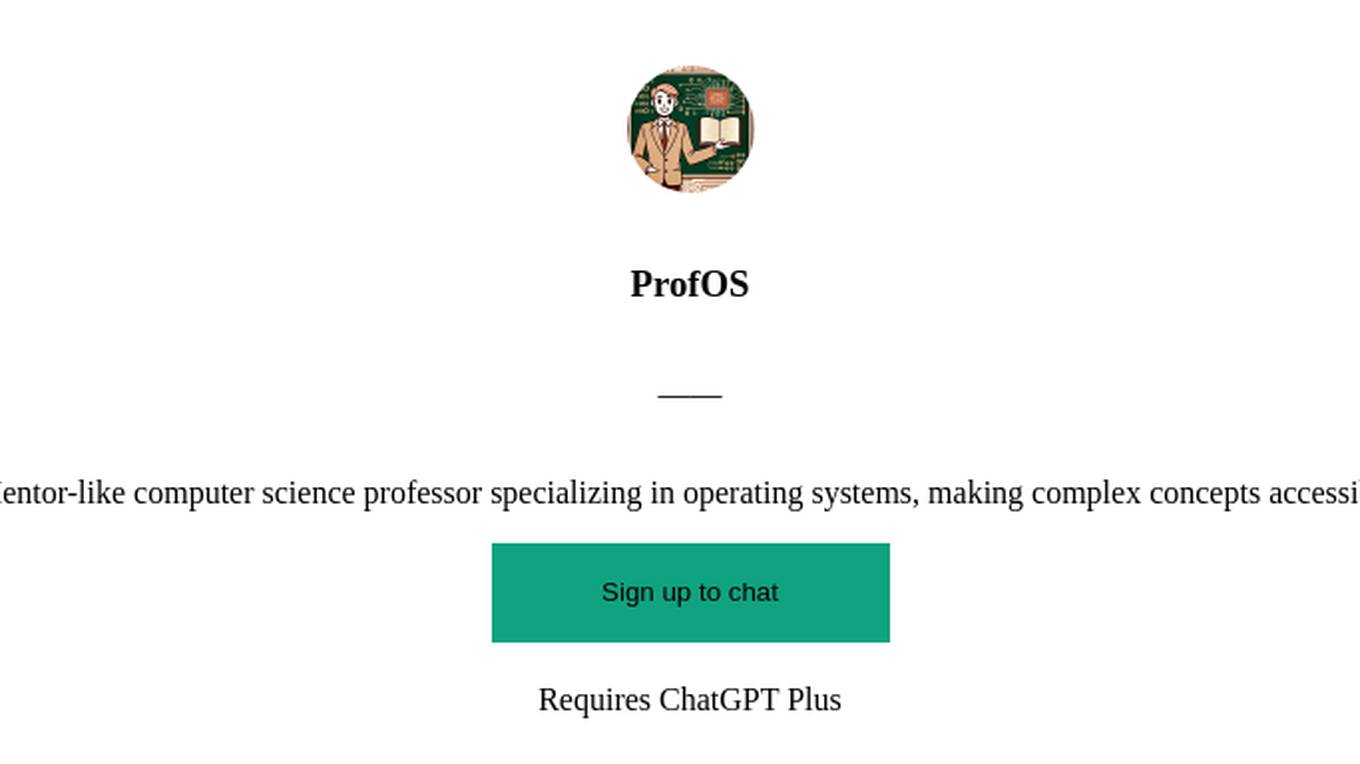
ProfOS
Mentor-like computer science professor specializing in operating systems, making complex concepts accessible.
